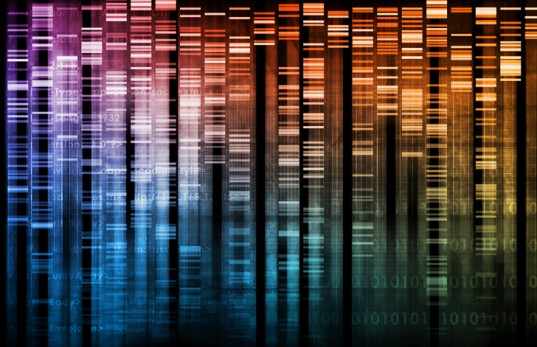Cancer cells are notorious for their genomes gone haywire, often yielding fusion proteins — mash-ups of two disparate genes that, once united, assume new and harmful capabilities. Exactly how such genome scrambling impacts RNA, particularly the vast and mysterious world of non-coding RNA, has been largely unexplored.
Now, a team led by investigators at Beth Israel Deaconess Medical Center (BIDMC) offers some early answers by studying an intriguing class of non-coding RNAs known as circular RNAs. Published in the March 31 advance online issue of Cell, their findings reveal that circular RNAs – like their protein counterparts – are also affected by genomic rearrangements in cancer, resulting in abnormal fusions. Moreover, these fusion-circular RNAs are not mere bystanders; they appear to promote tumor growth and progression, underscoring their role in the disease.
Source: BIDMC




